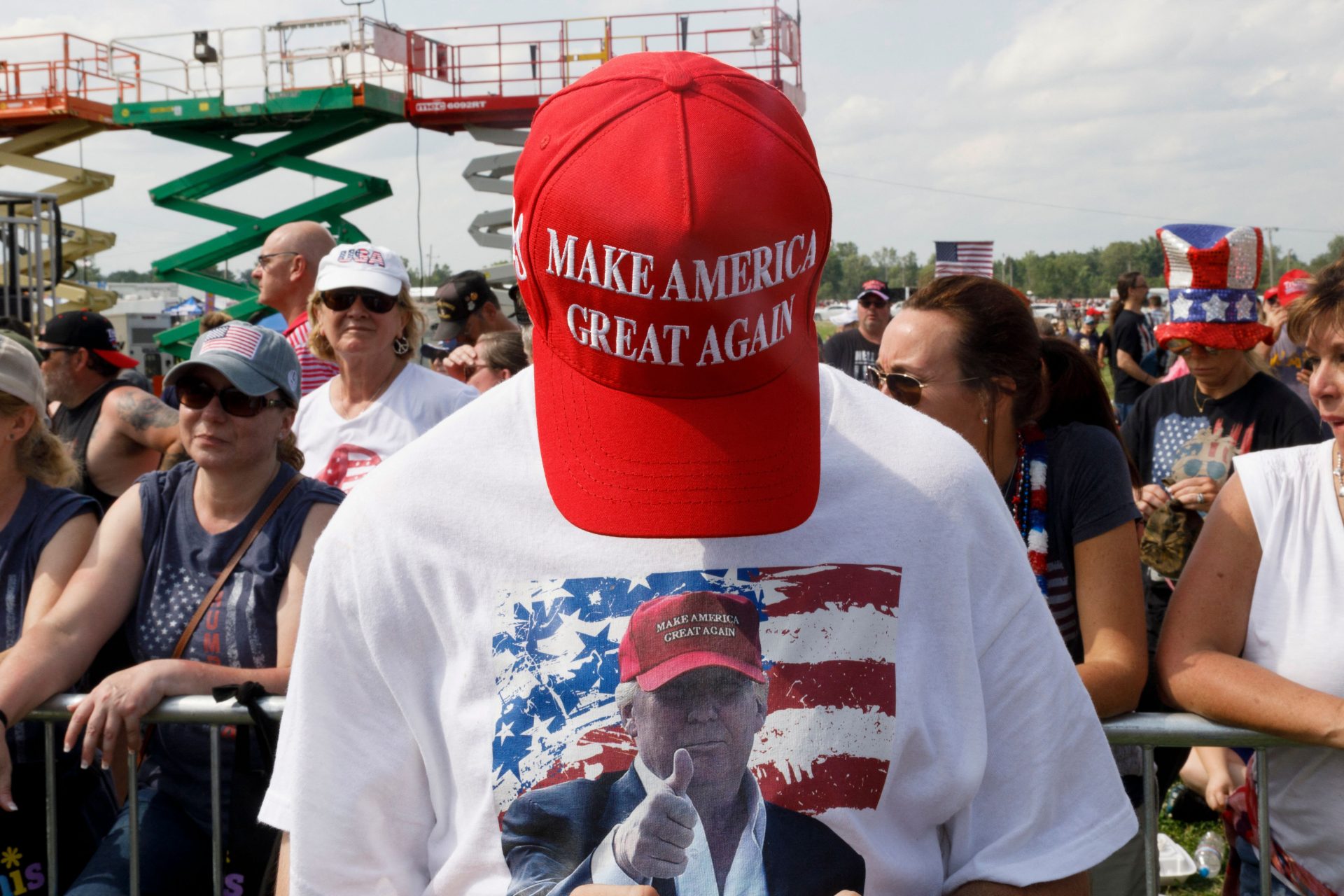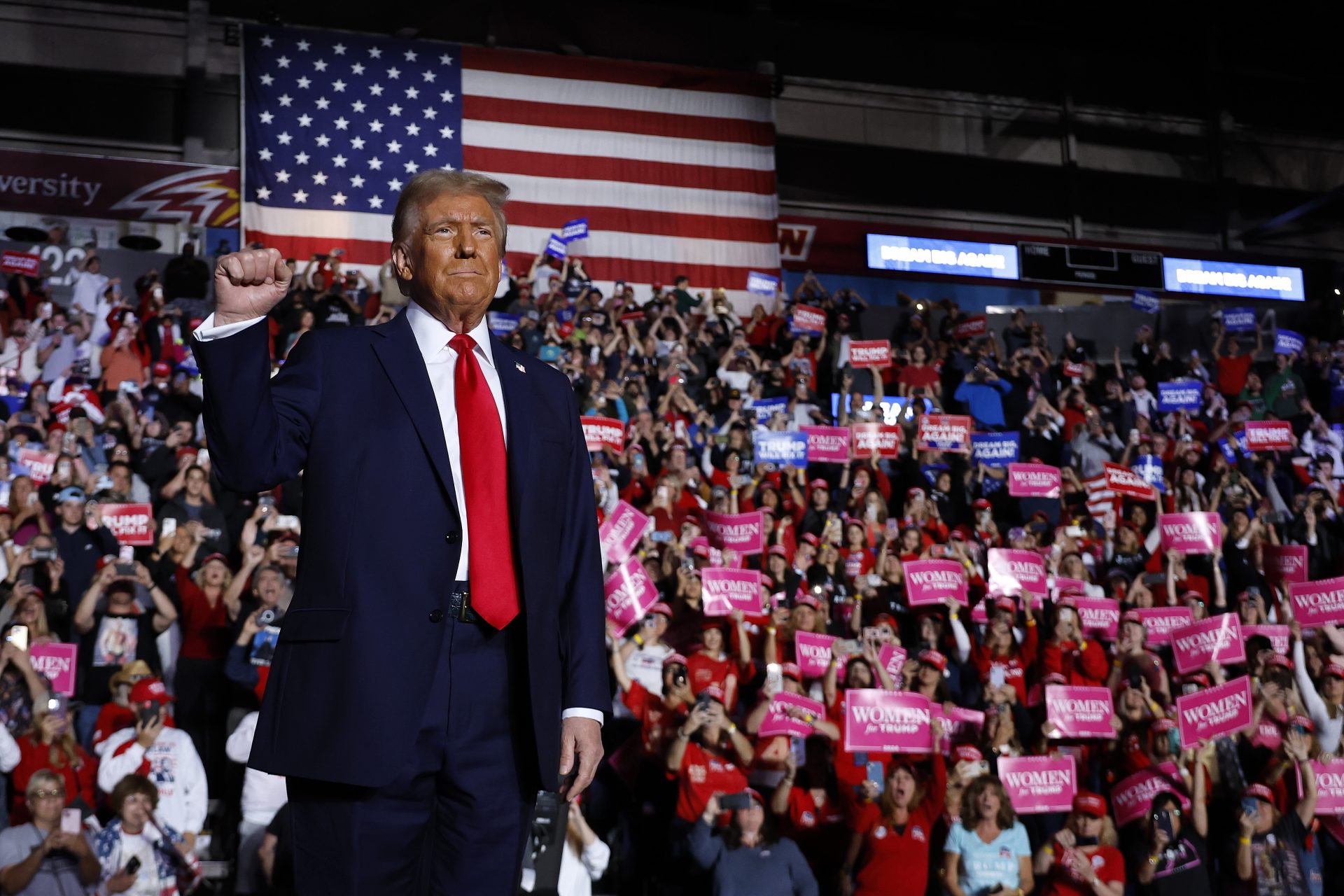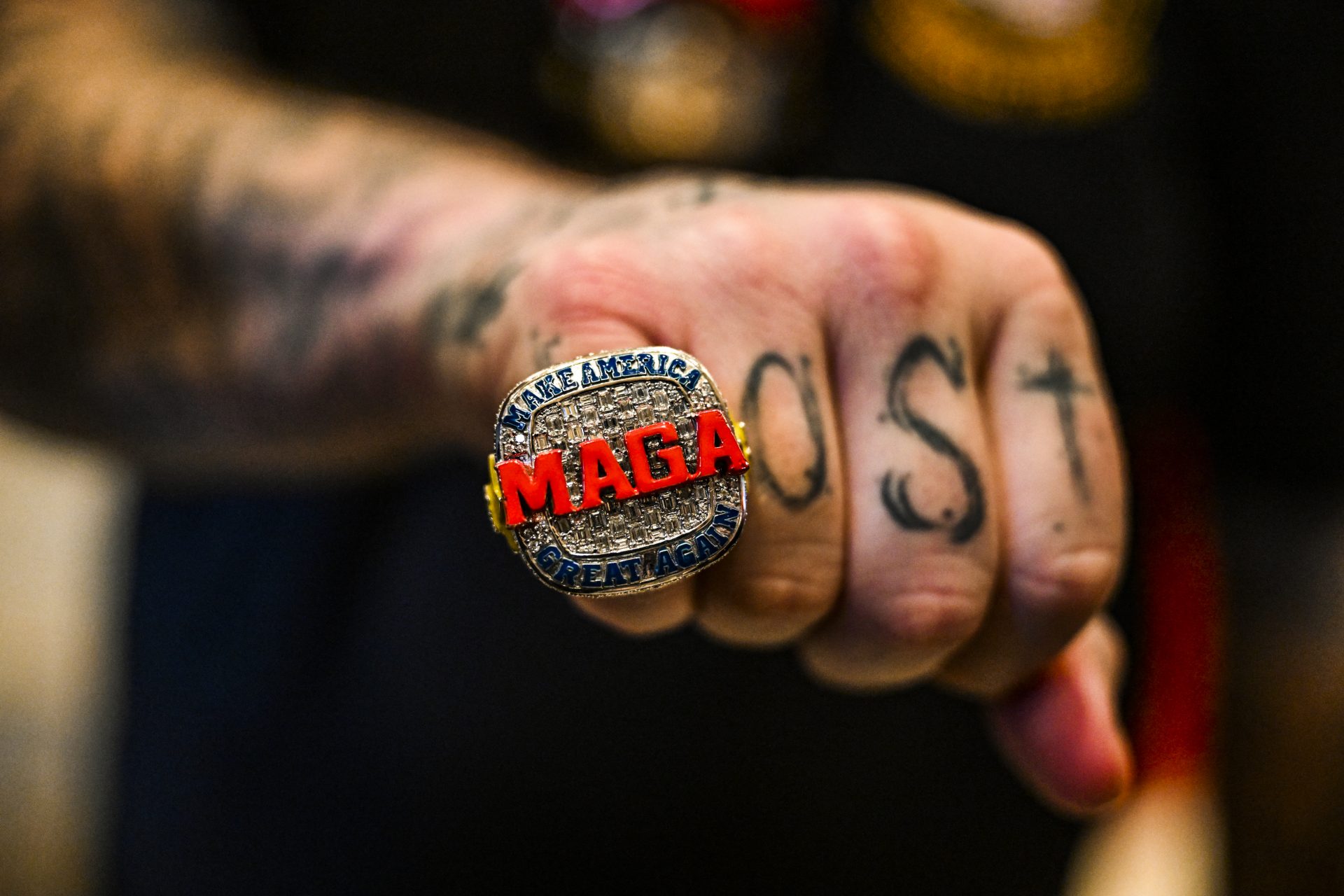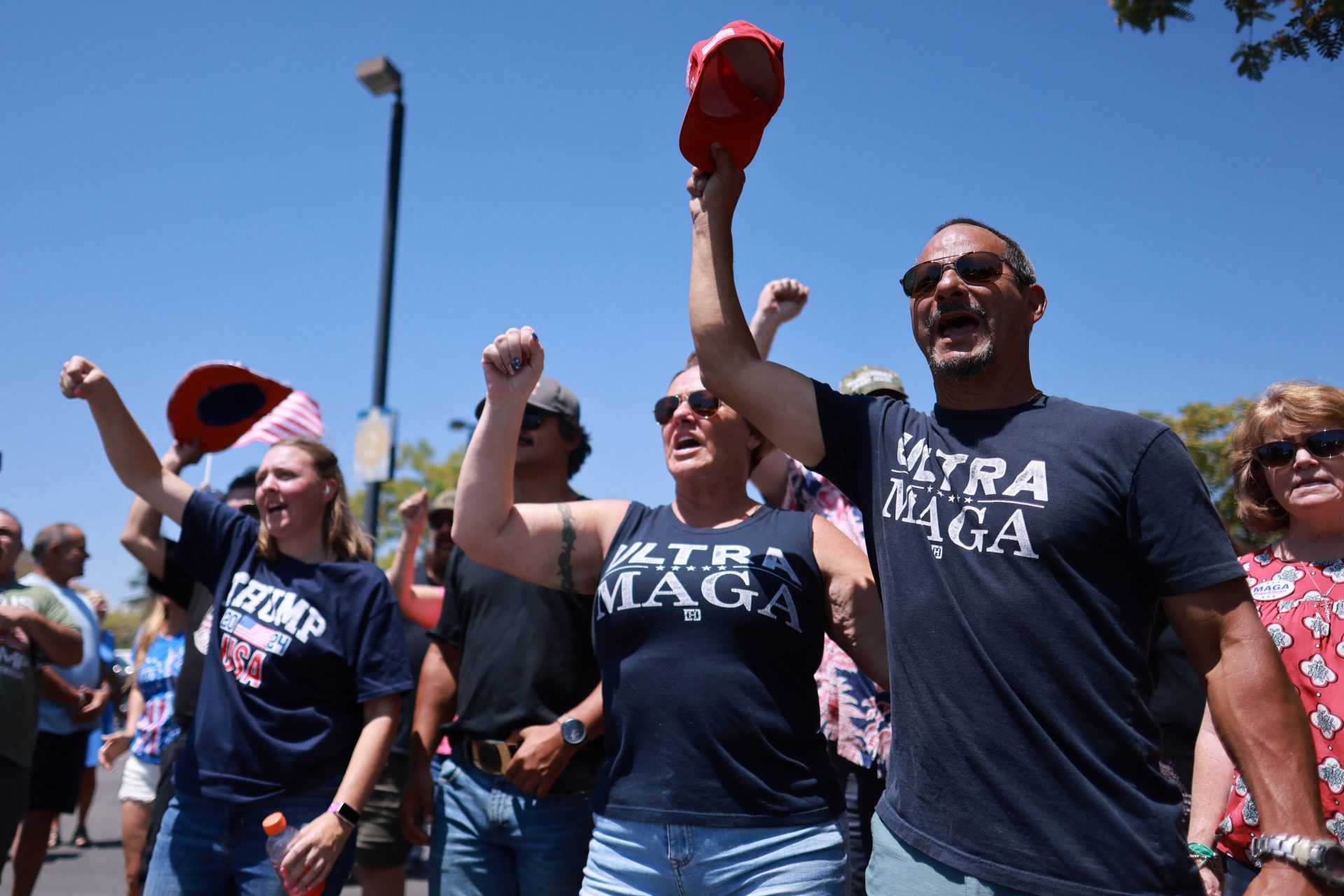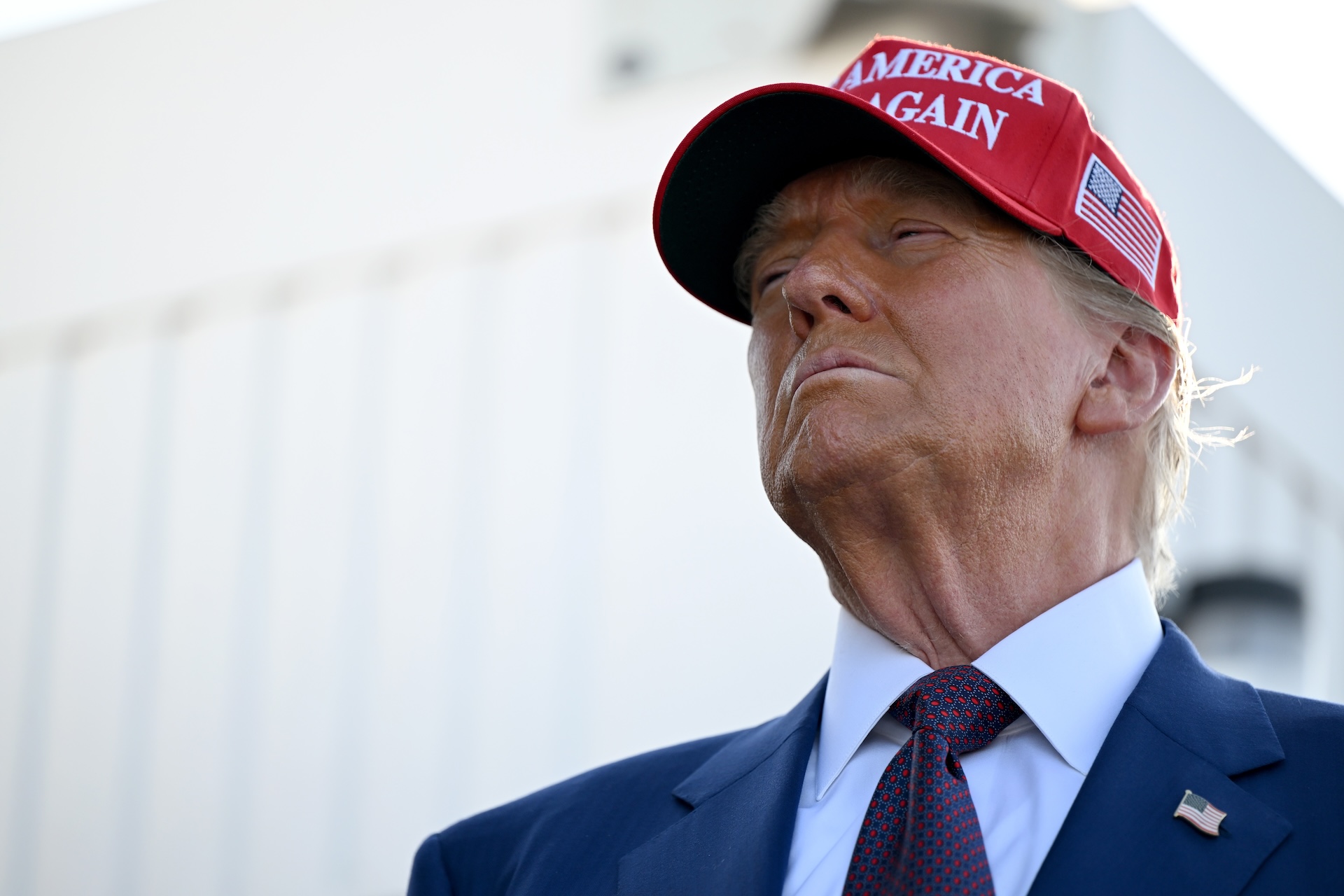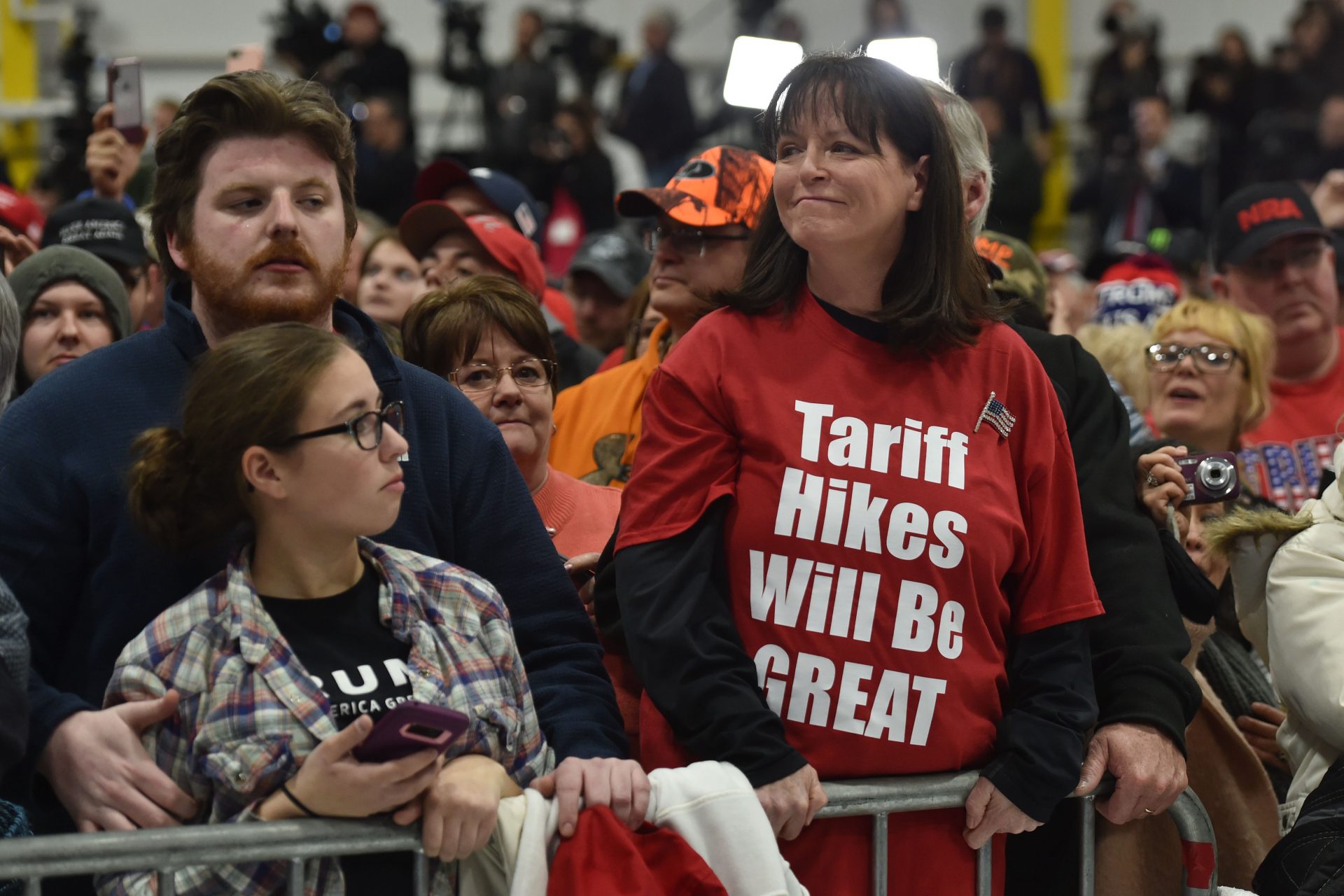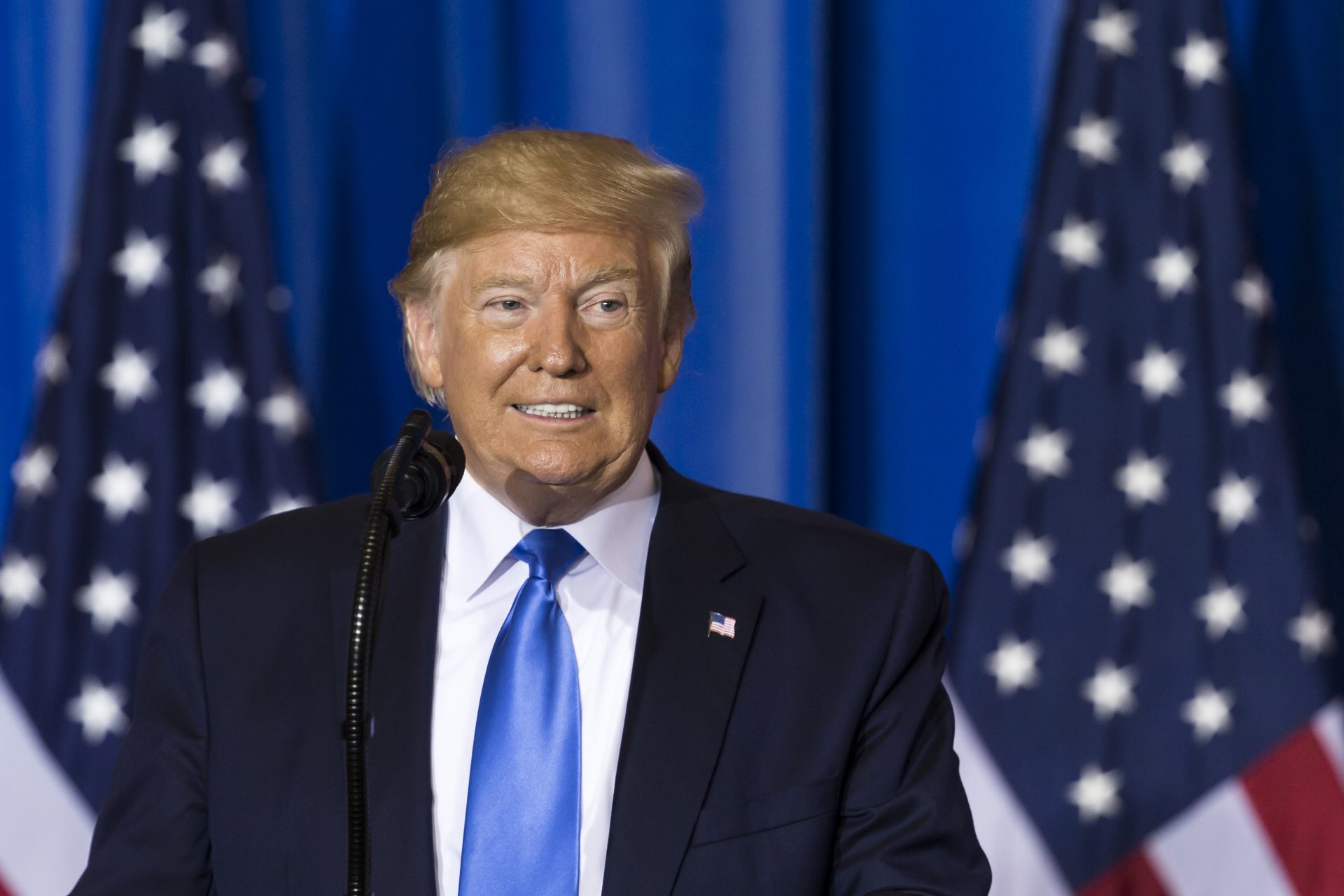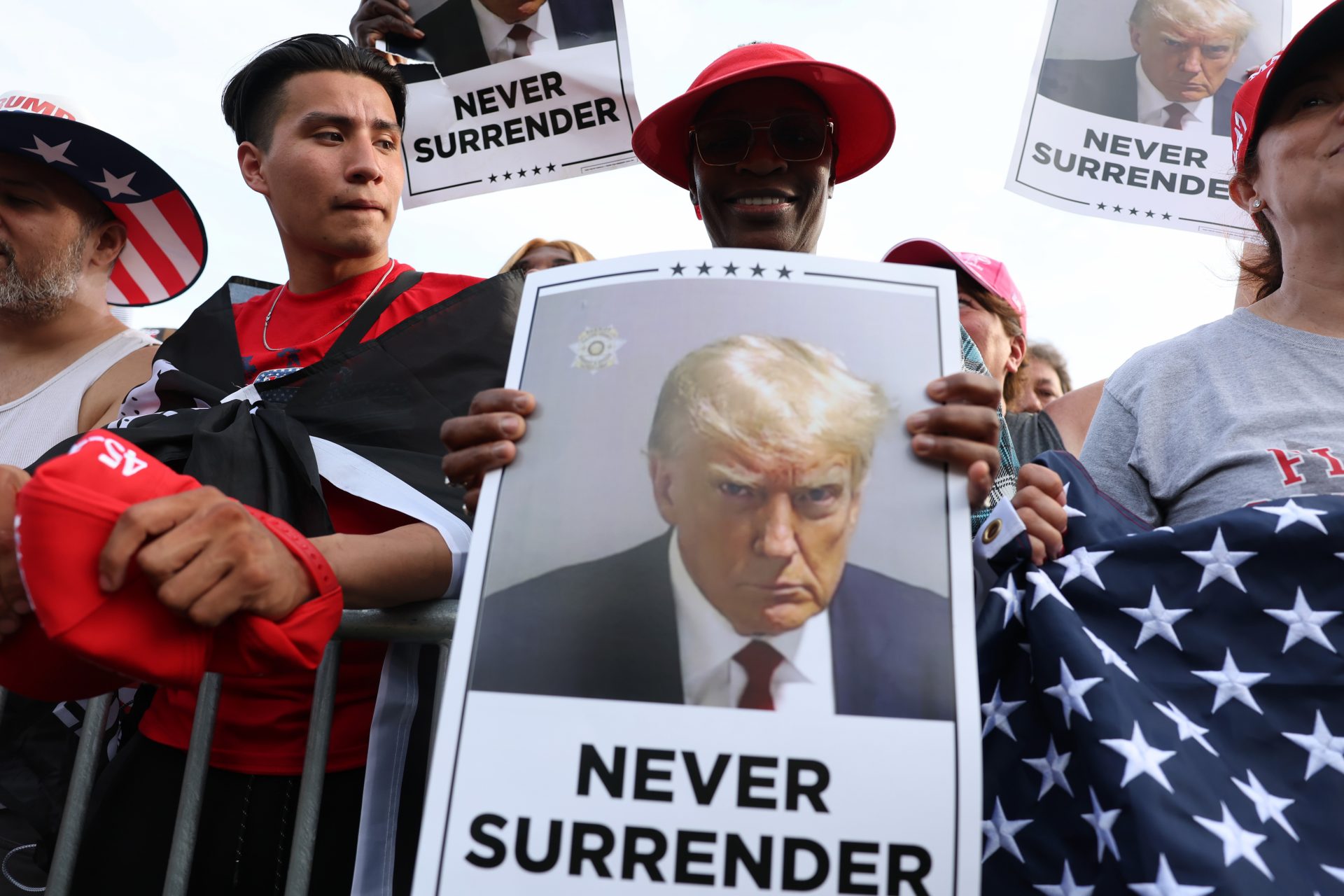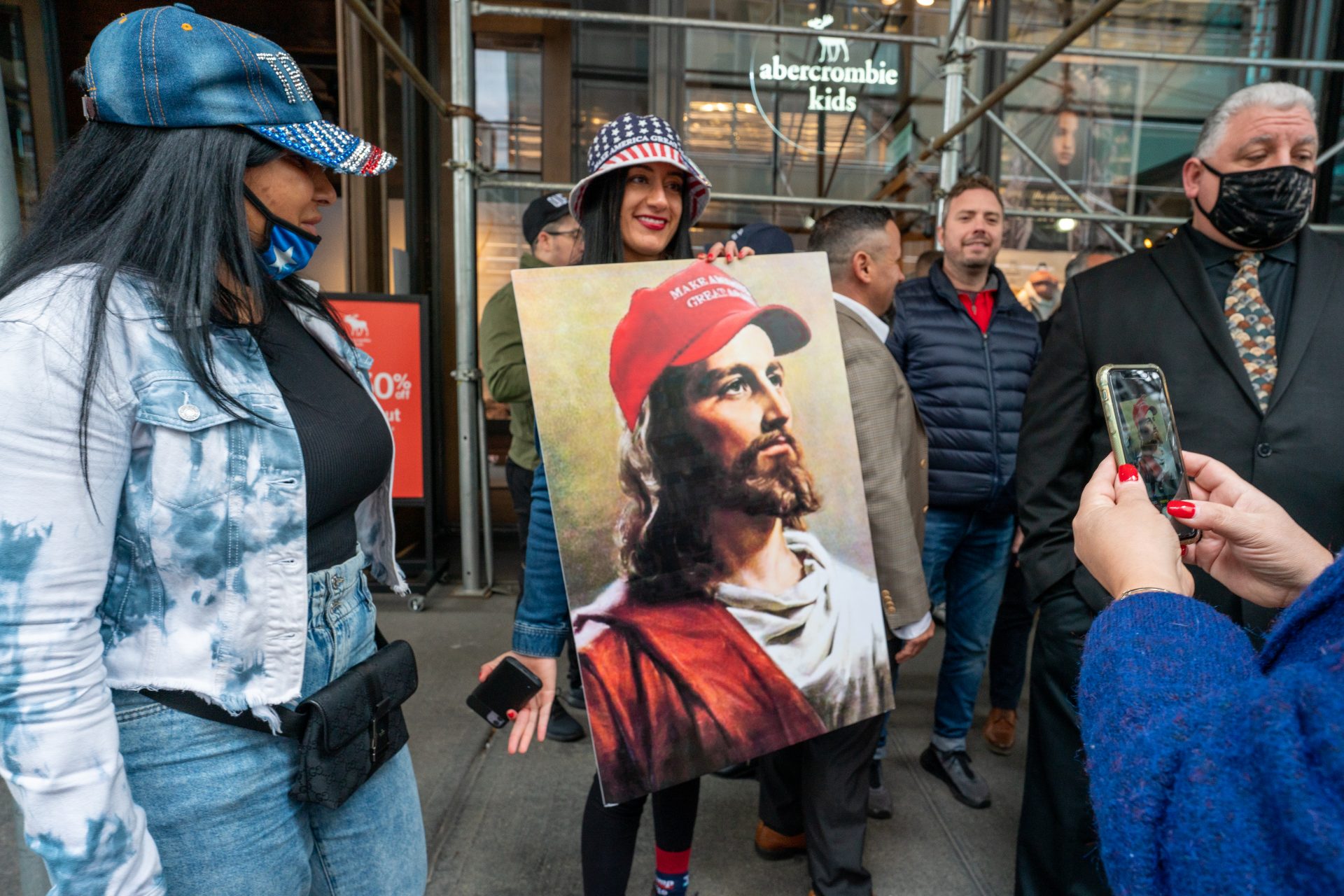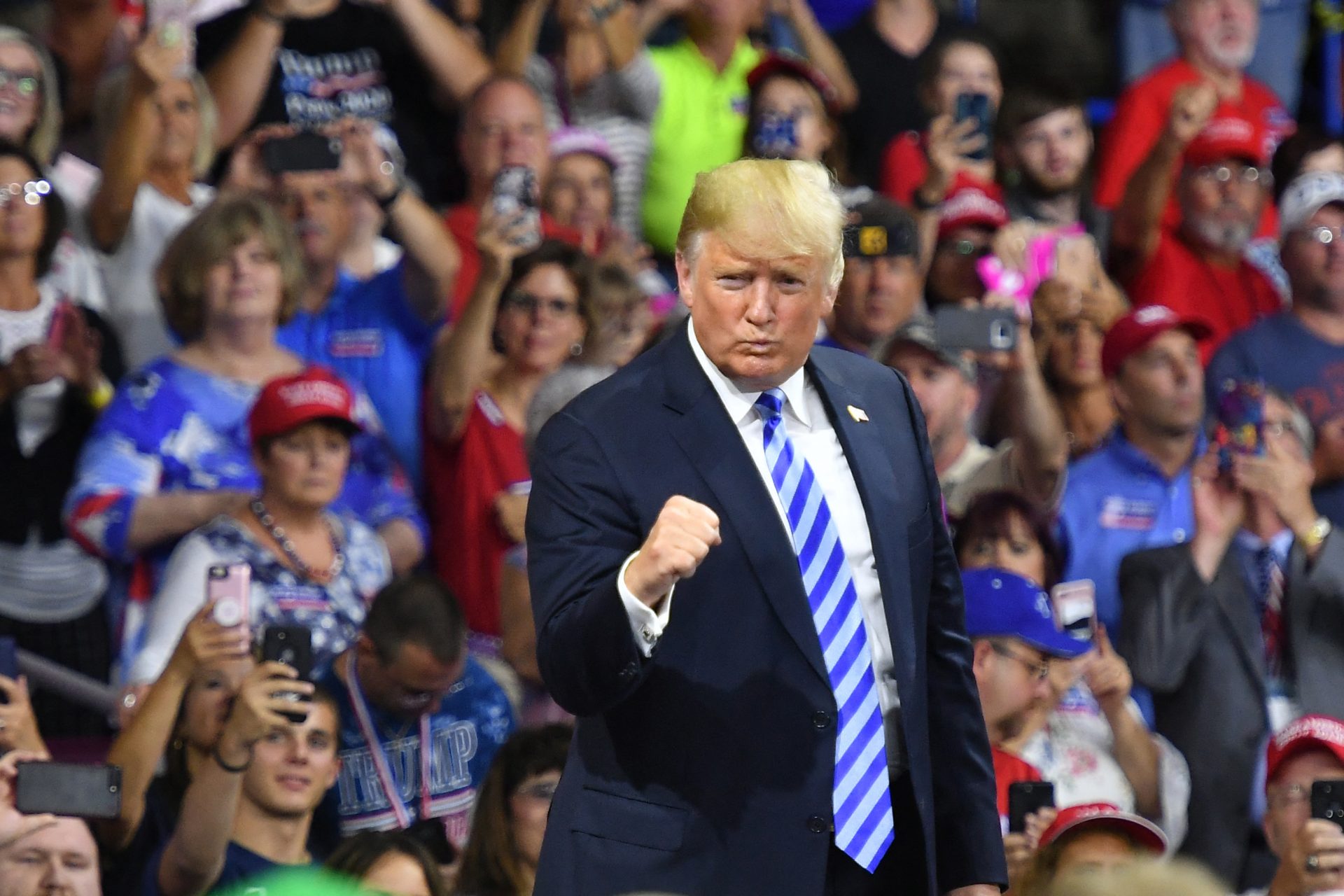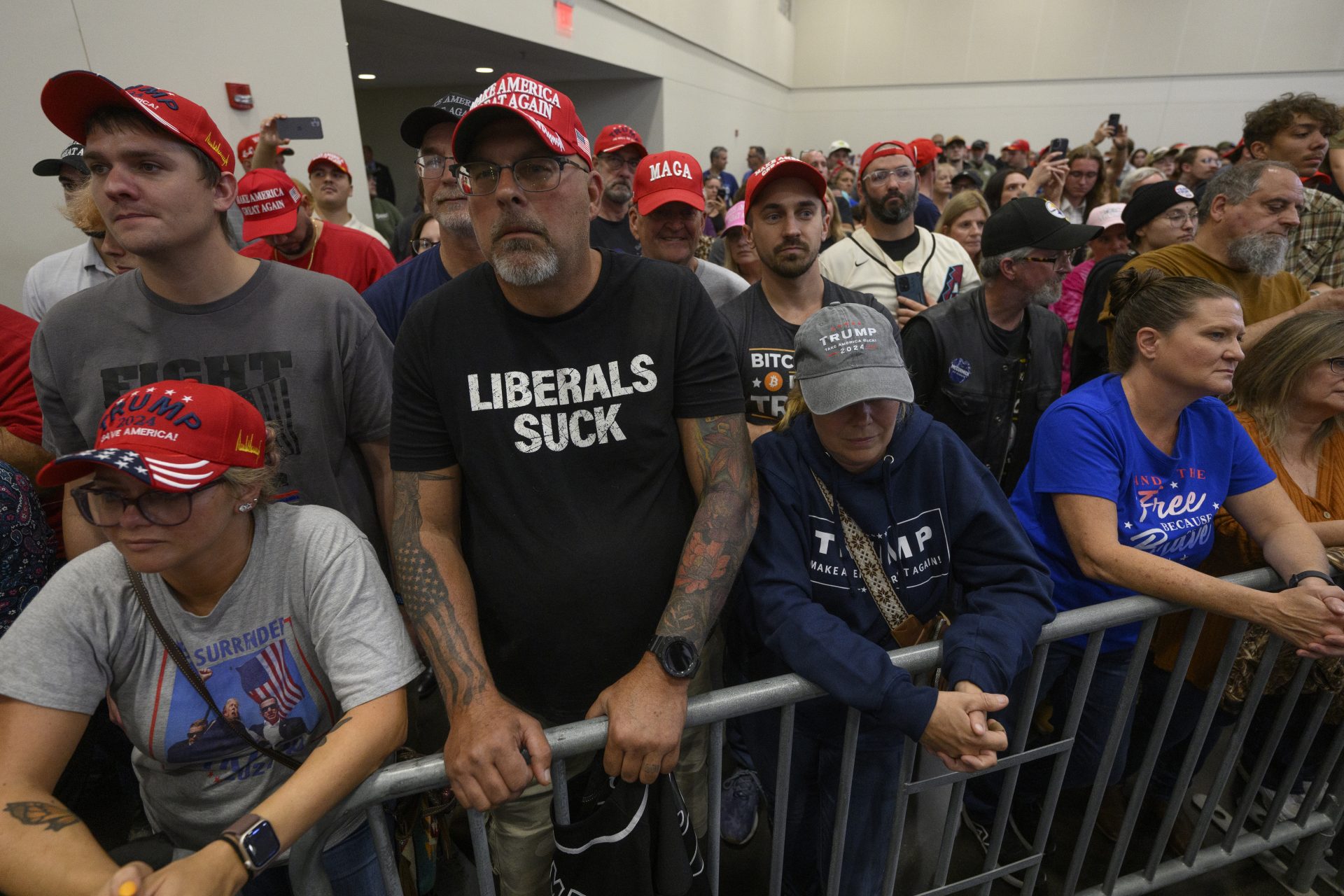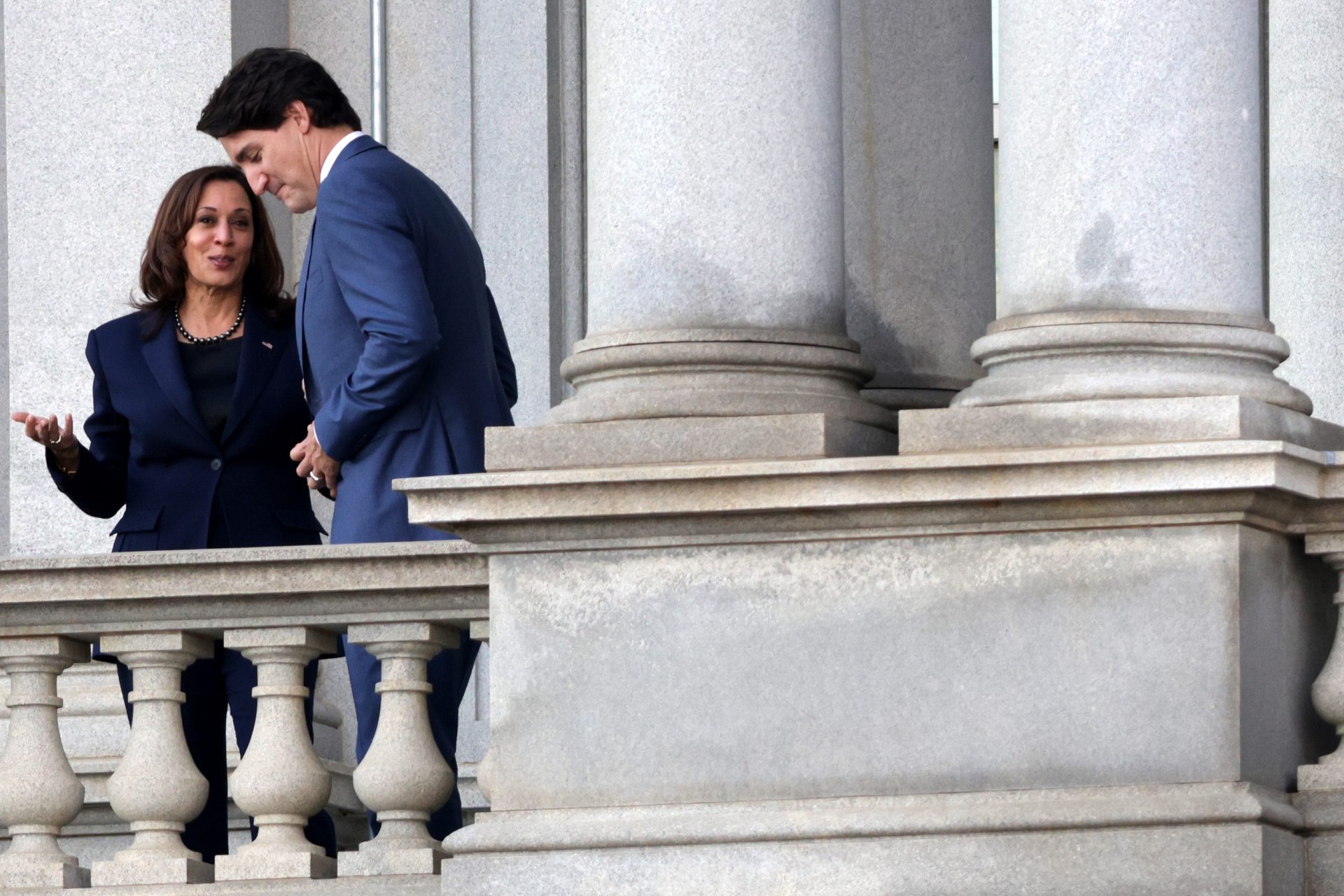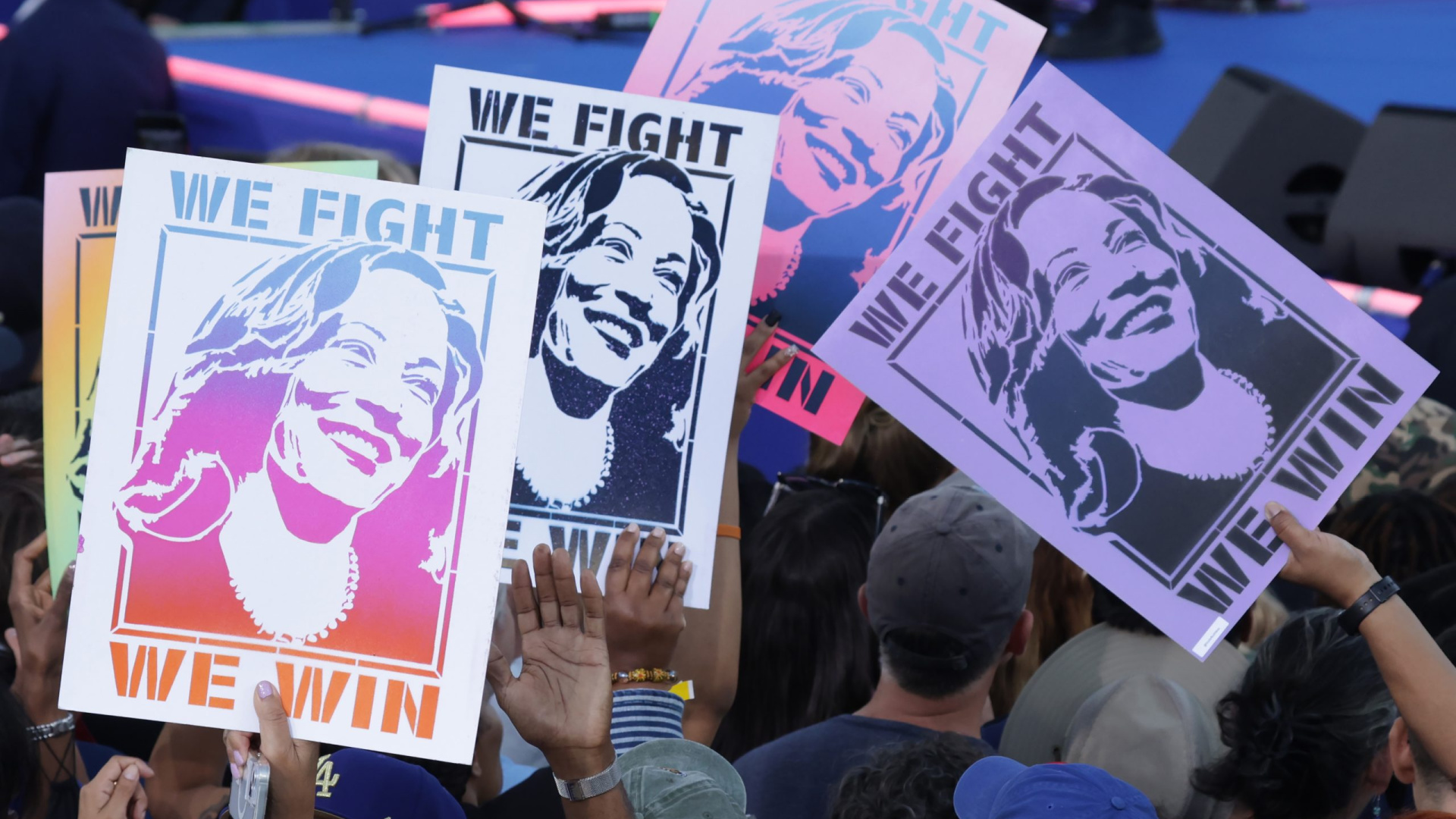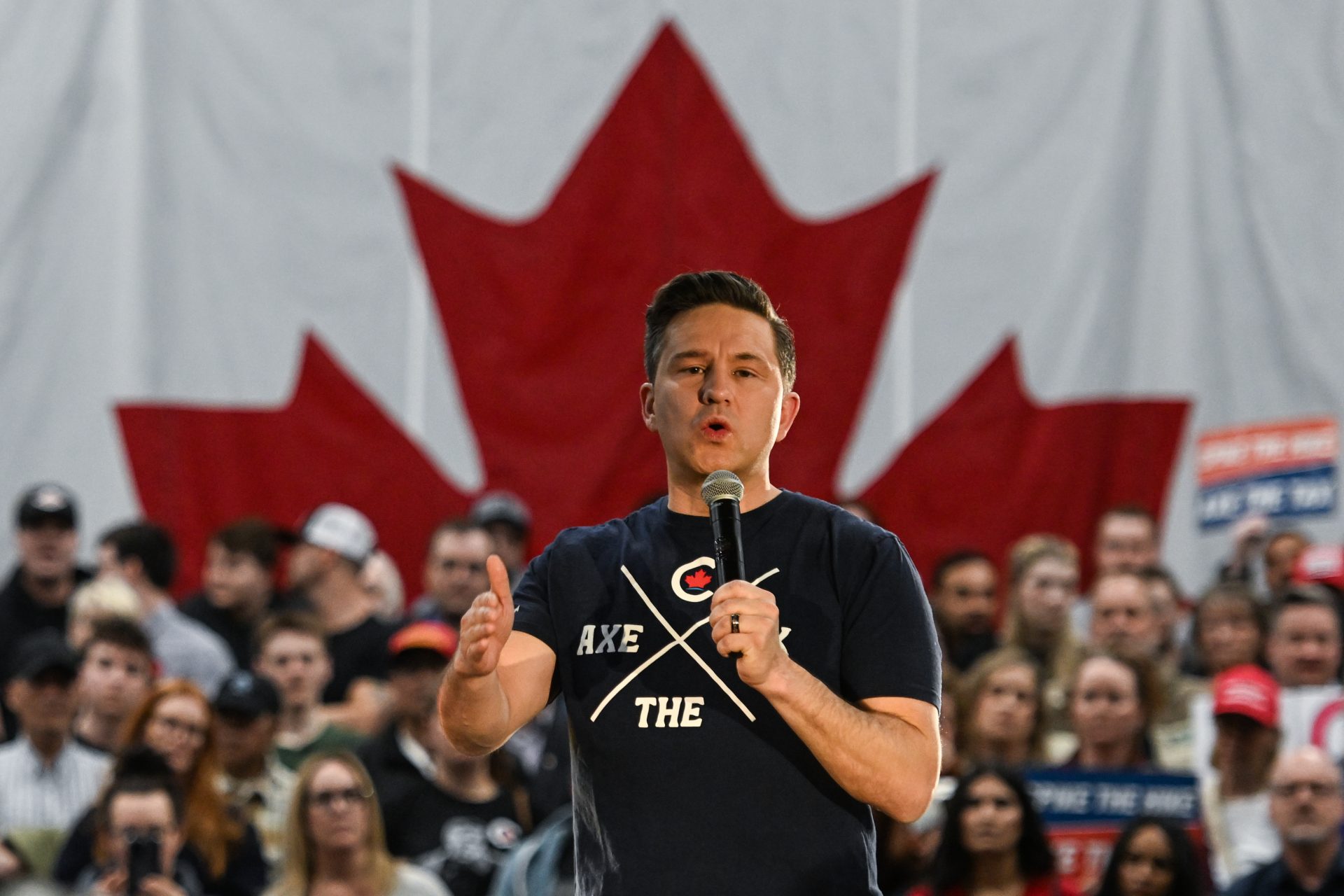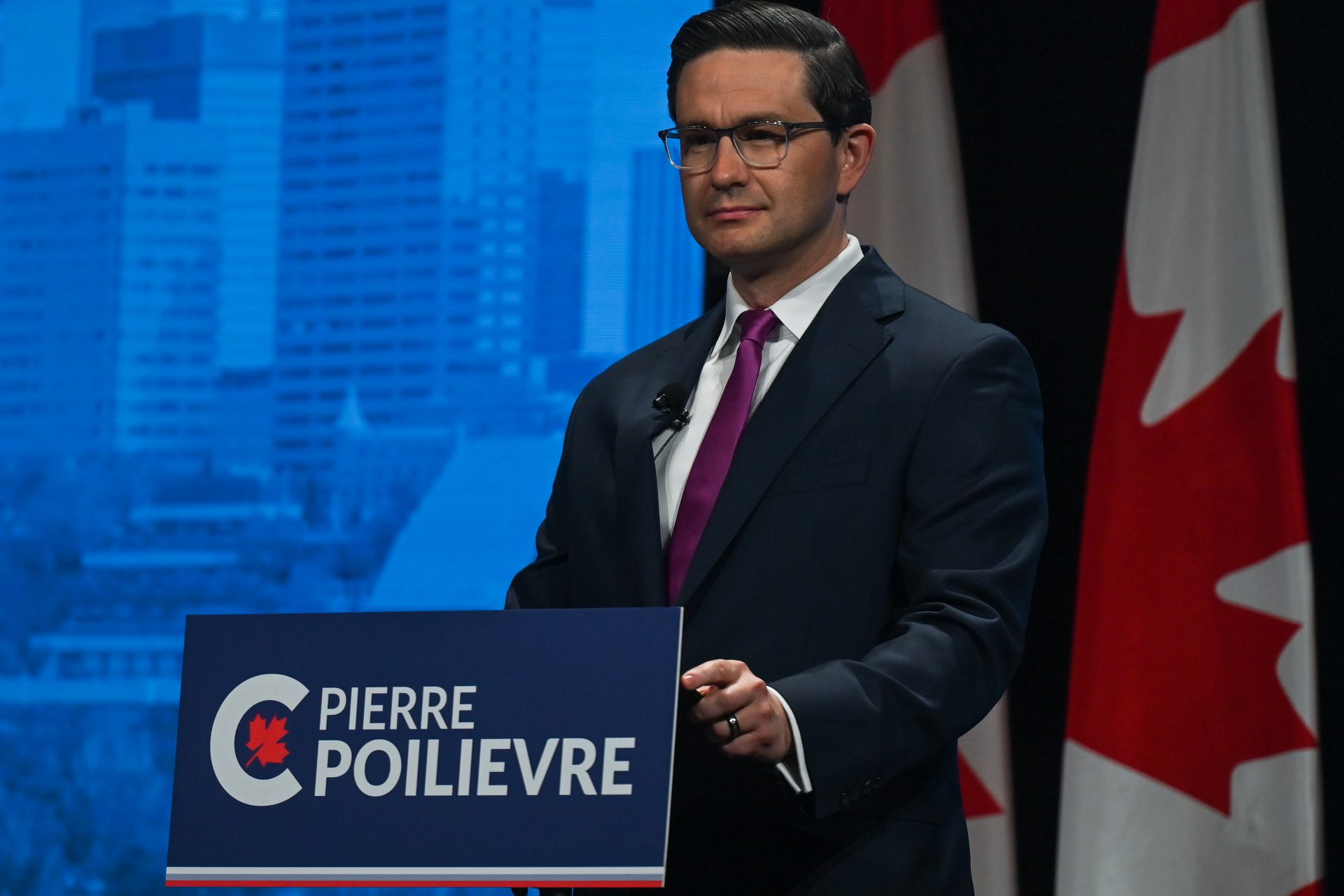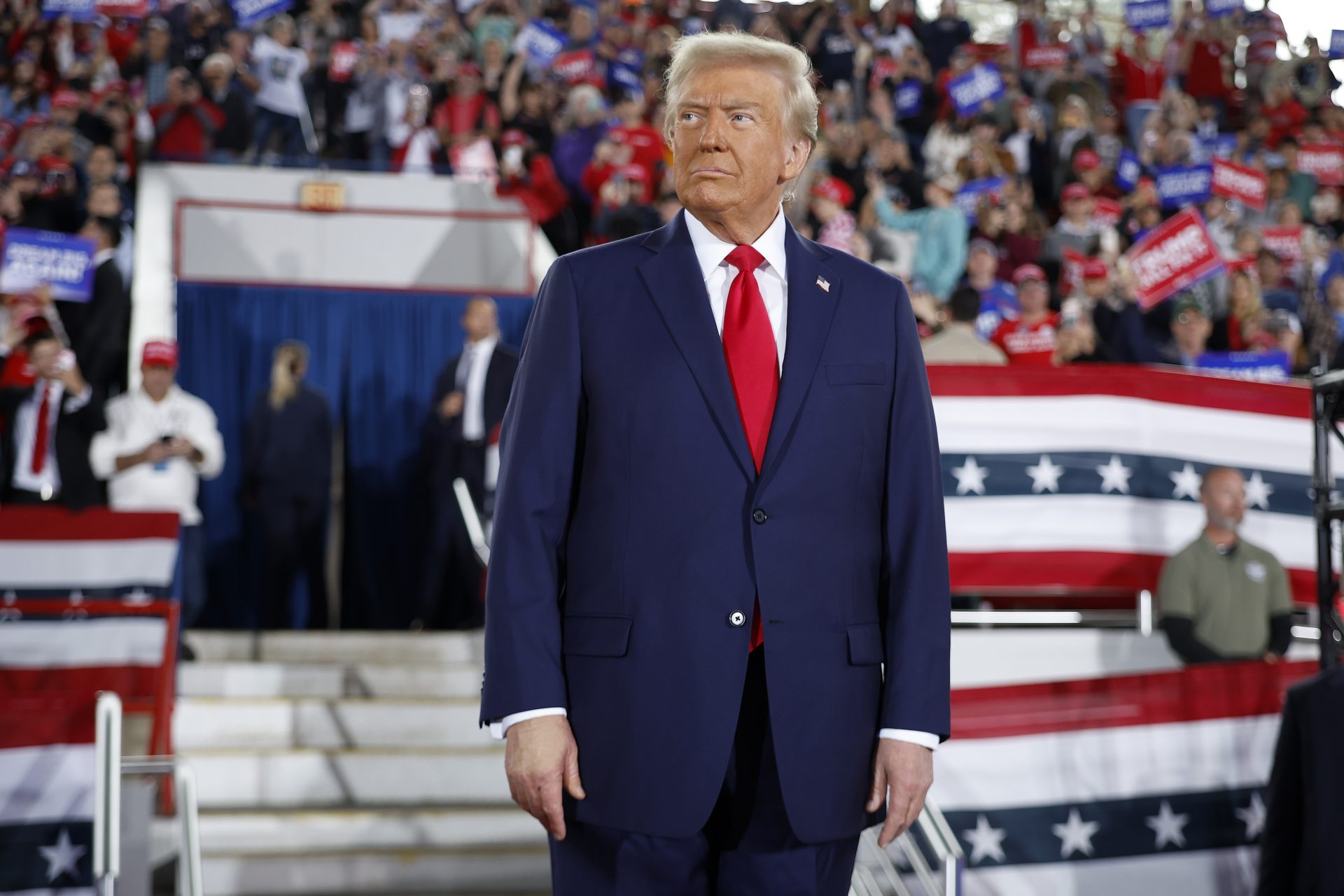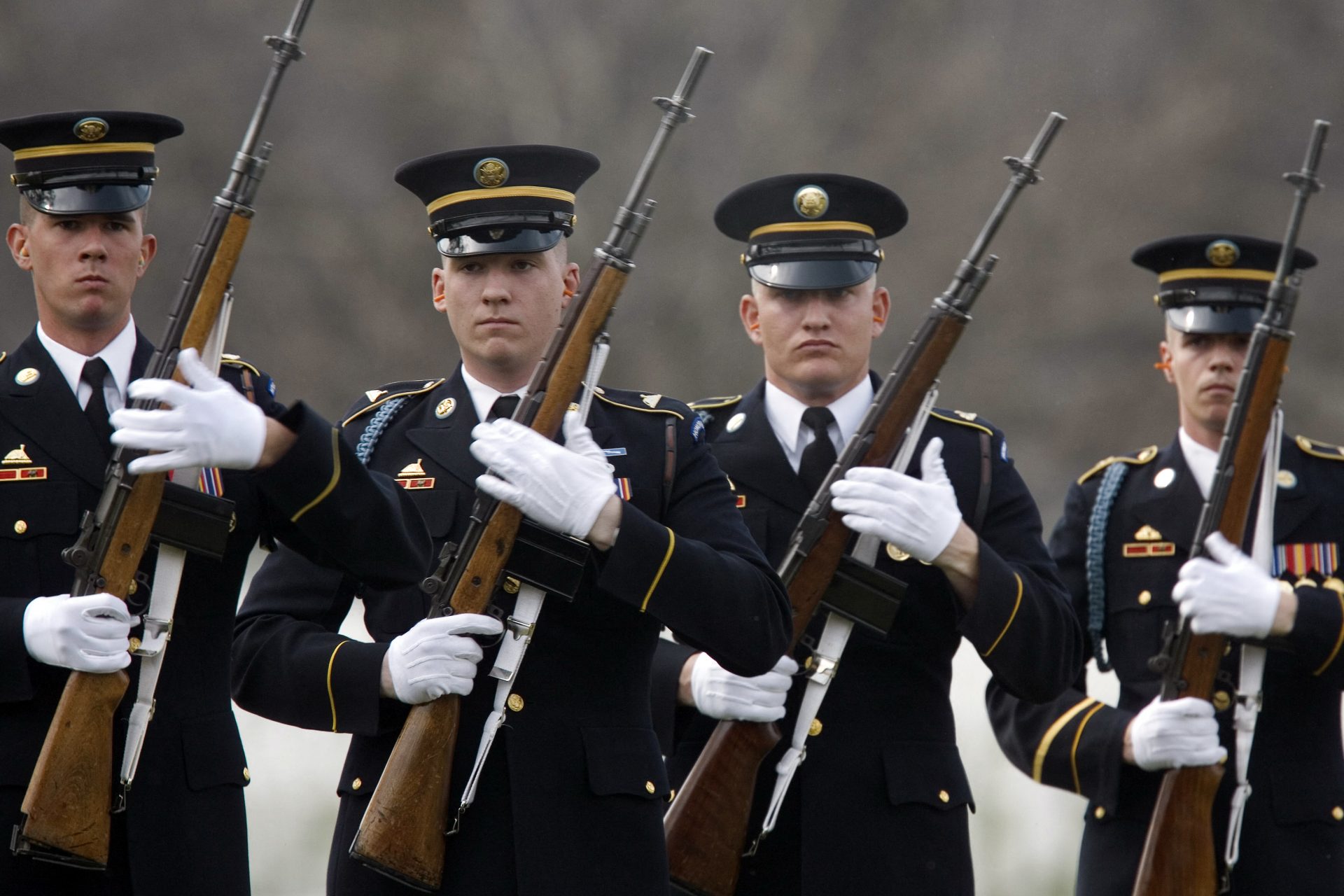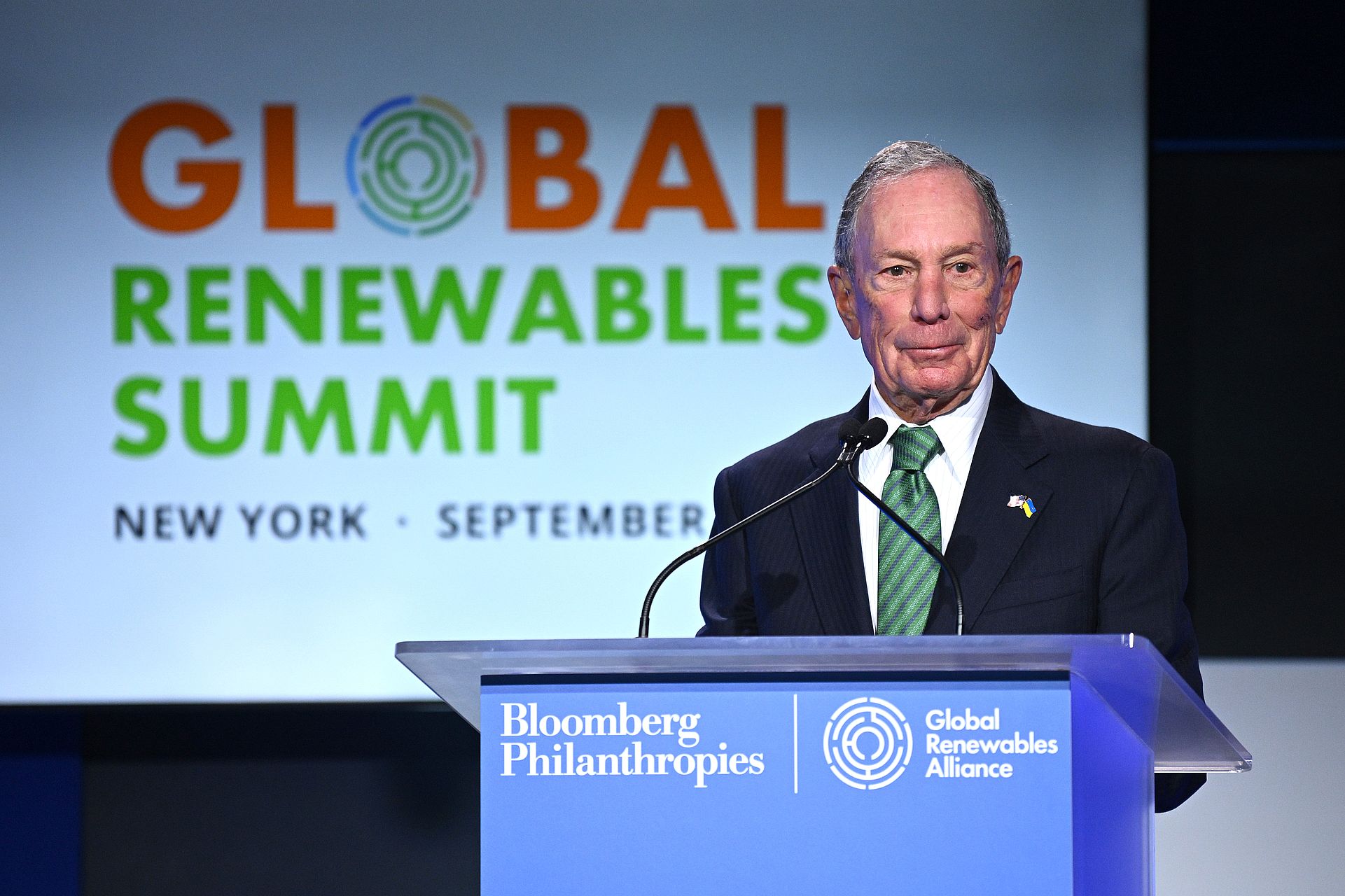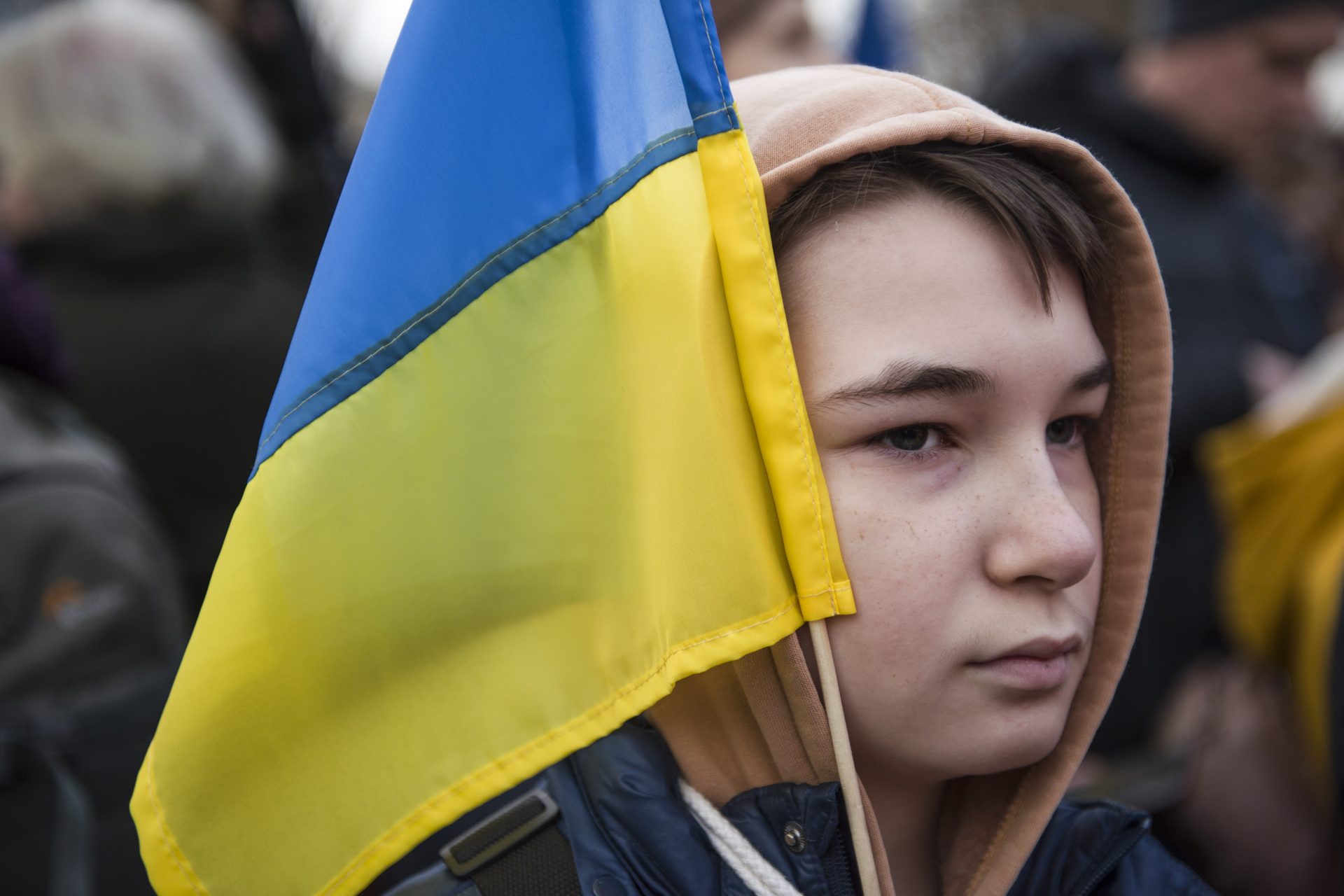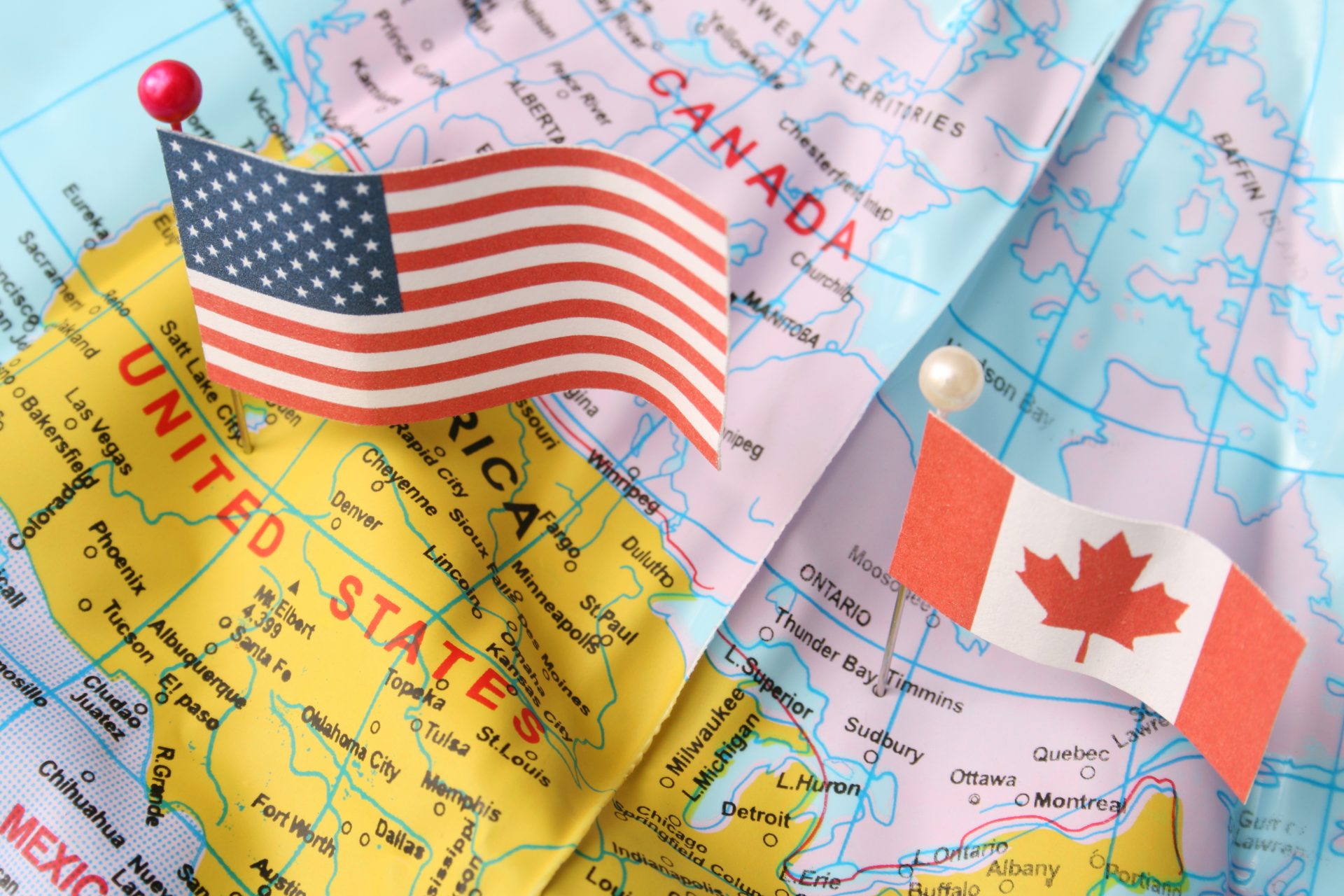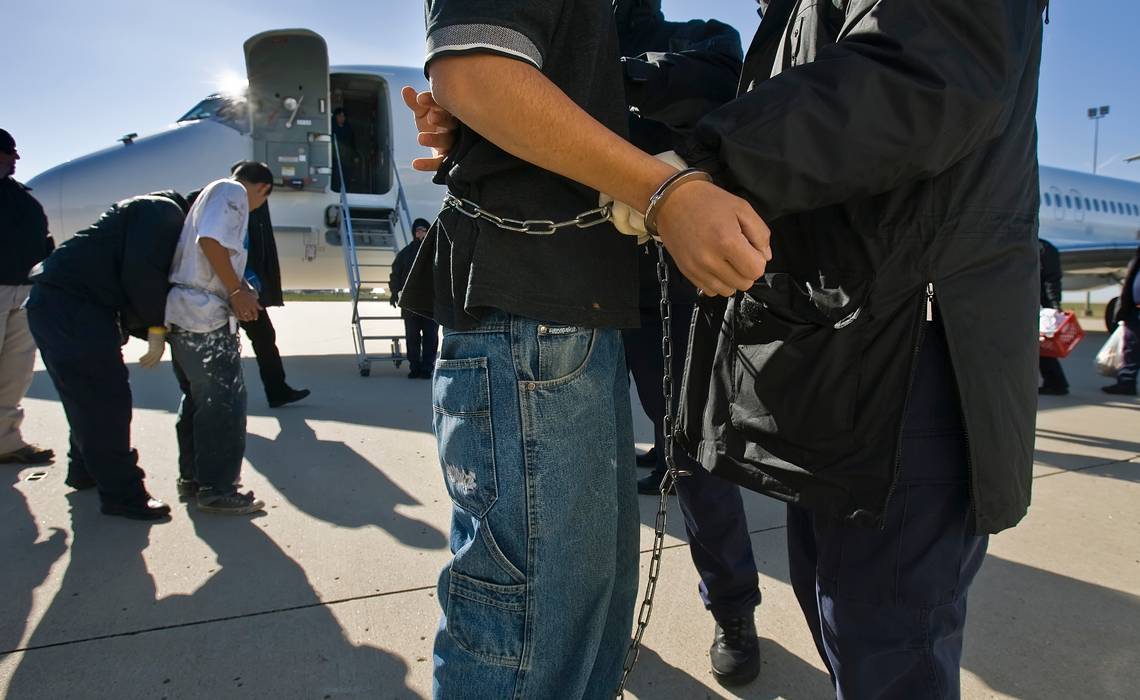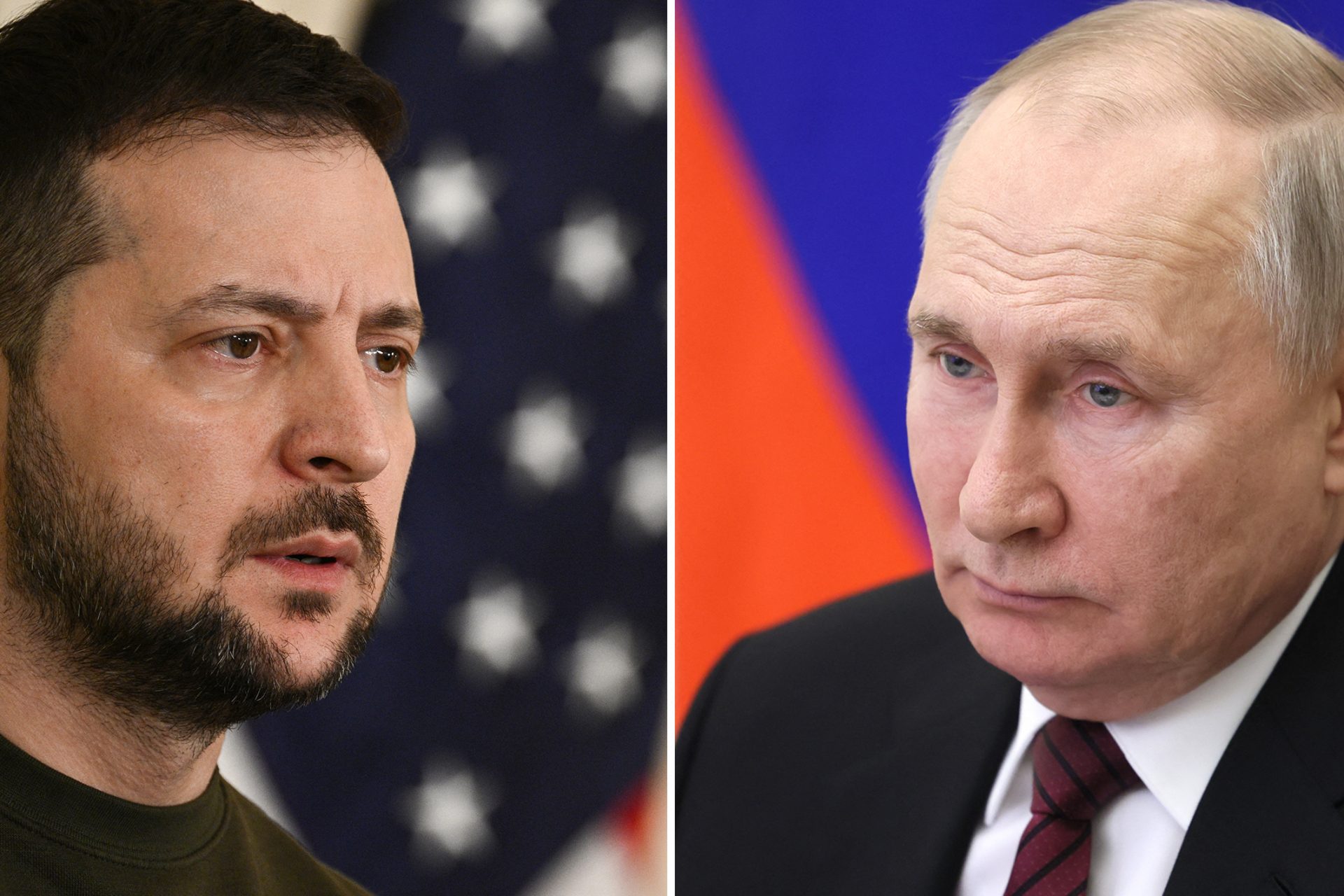What do Canadians really think about MAGA supporters?
In November 2024, American voters re-elected Donald Trump as President, a decision that has significantly affected Canada, according to reports.
Beyond Trump's threats of tariffs and jokes about making Canada the 51st state of the union, there is a real group of Americans who support these measures. So what do Canadians think about the Americans who have become collectively known as 'MAGA' movement?
Well, it turns out researchers recently discovered that about half of Canadians view Republicans and those who support Trump as a cult according to new poll findings from the Canadian public opinion and analysis firm Research Co.
In an online survey that was conducted just after the election in 2024, Research Co. asked respondents from Canada and the United States if referring to the followers of a certain individual, party, or idea as a cult was fair or unfair.
Research Co. President Mario Canseco explained in an article on his firm's website about the polling results that a cult is often defined as a being led by a single charismatic leader.
Cult leaders tightly control their followers and also require “unwavering devotion to a set of beliefs and practices which are considered outside the norms of society,” Canseco added.
President-Elect Trump has been accused of meeting the criteria outlined by Canseco so it may come as no surprise that a vast number of Canadians see his supporters as a cult.
Almost half of the Canadians surveyed (47%) said that they thought it was fair to refer to those who followed the Republican Party or Donald Trump as a cult.
Nearly the same number of American respondents (46%) also thought the cult label was fair, but the more interesting discovery was how this belief broke down by age.
In Canada, older Canadians were more likely to claim that it was fair to call followers of the GOP and Trump a cult compared to those aged under 45 according to the data.
“Half of Canadians aged 55 and over (50%) can describe followers of Trump and the Republicans as a cult. The numbers are lower among their counterparts aged 35-to-54 (42%) and aged 18-to-34 (48%),” Canseco reported.
In the United States, the trend was reversed. Only 42% of those over 55 thought it was fair to apply the cult label to Republicans and Trump supporters compared to 48% of Americans aged 18-to-34 and 49% of those aged 35-to-54.
“As expected, more than half of Americans who describe themselves as Democrats (56%) have no qualms about branding Trump supporters as a cult. The proportions are lower among Republicans (41%) and independents (34%)," Canseco wrote in a breakdown of his firm's new research that was published in several Canadian media outlets.
Looking at the other side of the aisle in both countries, there were those who thought that it was fair to apply the same cult label to the U.S. Democrats and Canadian Liberal Party headed by Vice President Kamala Harris and Prime Minister Justin Trudeau.
In the United States, 37% thought it was fair to label the followers of Kamala Harris as a cult compared to just 30% in Canada. However, when it came to Justin Trudeau and the conservative Party leader Pierre Poilievre, things got a bit more complicated.
In Canada, 33% of respondents saw followers of the Liberal Party and Justin Trudeau as a cult while 35% said the same about followers of the Conservative Party and Pierre Poilievre. No American data on Canadian political leads was provided.
“At this stage, Canadians do not feel the comparisons between Trump and Poilievre are warranted. There is a significant difference in the way each politician, and the people who support him, are regarded,” Canseco pointed out in his analysis.
“Canadians aged 55 and over—the heaviest participants in federal elections—are not likely to look at their own country as taken over by centre-right minded cults (28% for Poilievre), but their views change dramatically when they look at the United States (50% for Trump),” Canseco added.
More for you
Top Stories



